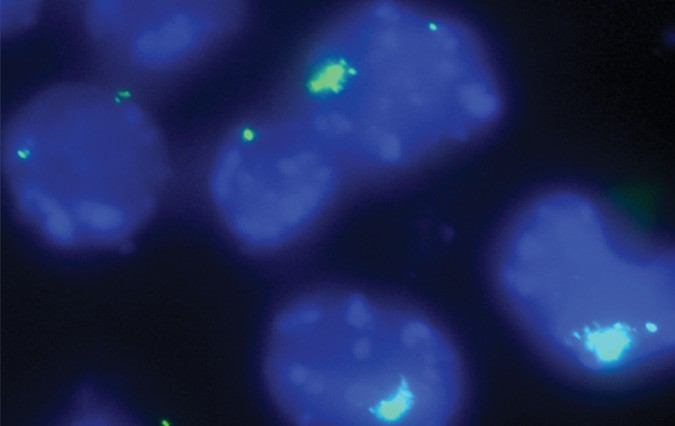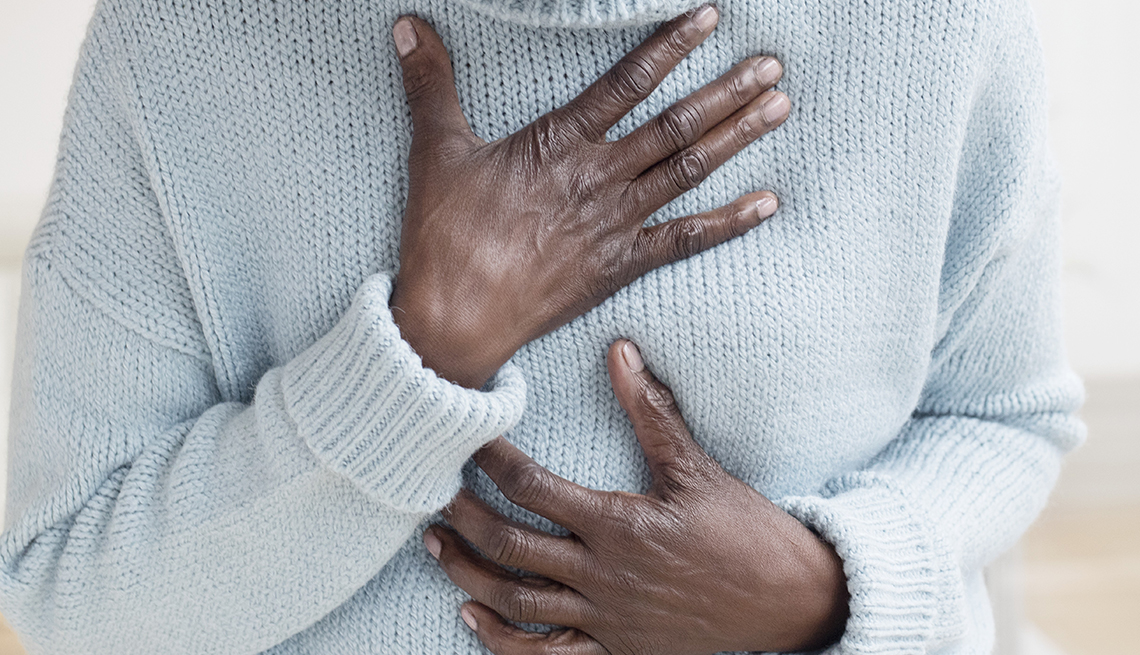
- Select a language for the TTS:
- UK English Female
- UK English Male
- US English Female
- US English Male
- Australian Female
- Australian Male
- Language selected: (auto detect) - EN
Play all audios:
Villalobos says her mother's death felt “isolating,” and very unlike her father's final days, a year and a half earlier. Then, she says, there was plenty of time for goodbyes,
along with comforting assistance from a hospice chaplain who helped the family create a sacred space at his bedside. With her mother's final days, she says, “it was incredibly painful
not to be there to comfort her, though I was grateful that I could be there myself at the end.” Villalobos says she found the virtual grief group's recognition of her profound grief —
and the knowledge she was not alone experiencing it — extremely beneficial. HOW TO ADAPT TO GRIEF NOW While you may not be able to be surrounded by your loved ones while you mourn, regularly
reaching out to friends and family over the phone or by video chat can be critical for managing, and expressing, your grief. Talking to a professional — perhaps through a telehealth
appointment — can also be helpful. Beyond that, Neimeyer recommends looking for a daily or weekly ritual to honor the memory of the deceased, which can be as simple as speaking to their
photo in your home, or visiting a favorite place of theirs on a daily walk in your neighborhood. “All these small ways can actively honor those we have loved and lost,” he says, adding that
doing so can help move you from a place of “passive victimhood” to one where you feel more in control and able to cope. Fiorelli also recommends that you take note of how anxiety — which the
pandemic has created plenty of — can compound grief. Along with support groups to manage some of the emotional aspects of grief, “we recommend interventions to mitigate some of the effects
of that anxiety — any kind of exercise, yoga, meditation, progressive relaxation,” she says. For the long term, handling complicated grief requires some acceptance that the time frame may be
longer than you, or others, expect, says Patti Anewalt, director of the Pathways Center for Grief & Loss at Hospice & Community Care, Lancaster, Pennsylvania. Reminding yourself
that you've faced, and overcome, other challenges and losses in life may help, she says. And so, too, may regularly reminding yourself that — just like the pandemic — your grief
eventually will subside.








